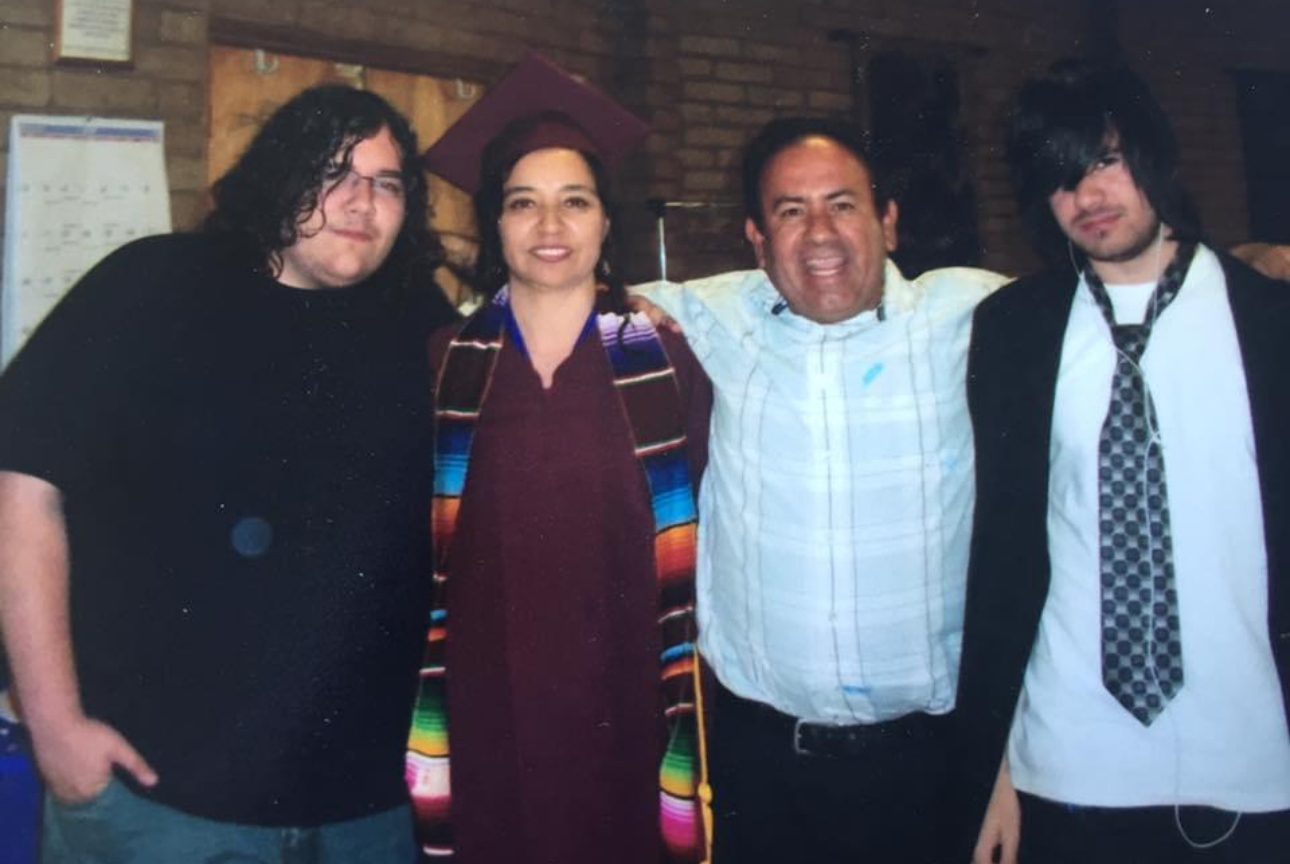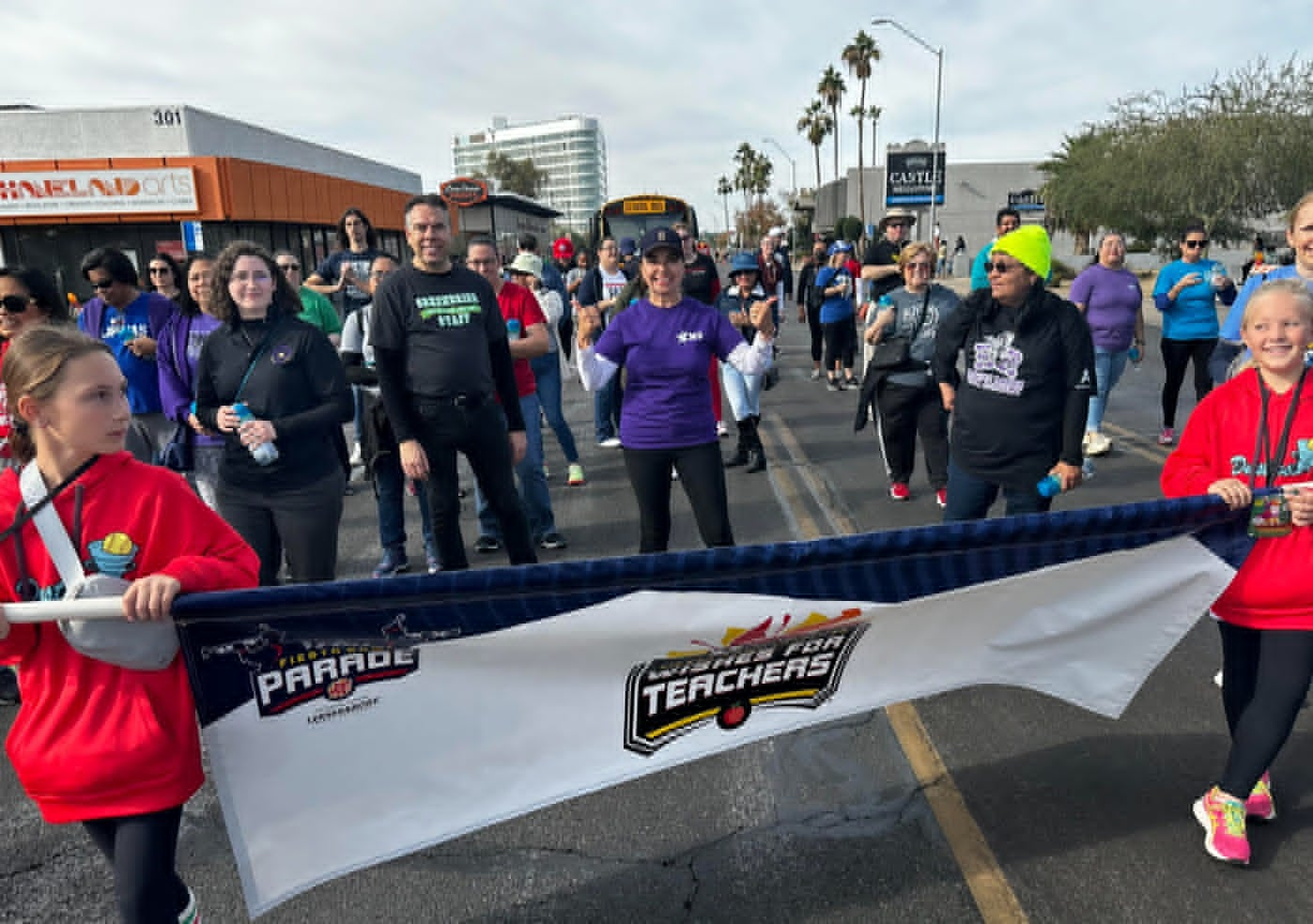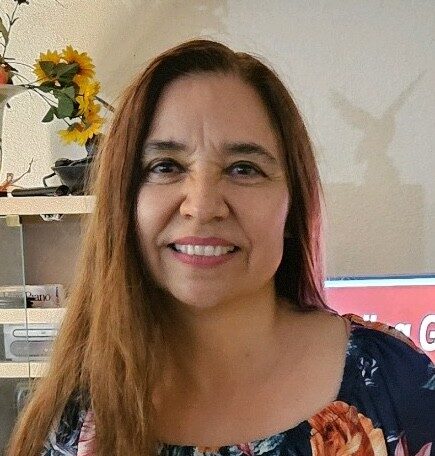Q: How did your family and culture influence who you are today?

My family and culture have profoundly shaped who I am as an individual and educator. Growing up in a household where values such as hard work, education, and financial responsibility were emphasized, I learned early on the importance of budgeting, saving, and making informed financial decisions. My husband, Martin, and I are committed to instilling these same values in our sons, Edgar and David, hoping they will continue this tradition with their future families. Culturally, there was a strong emphasis on community support and sharing resources, which taught me about economic interdependence and the importance of contributing to the well-being of others. These experiences have instilled in me a sense of responsibility that extends beyond my personal life to my professional role as an educator. I strive to create a classroom environment that encourages students to think critically about their economic choices and understand the impact of those choices on their future. By integrating financial literacy into my teaching, I aim to empower my students to become financially responsible and socially conscious adults.
Q: Why is ACEE important to you?

The Arizona Council on Economic Education (ACEE) is essential to me because it provides educators with the tools and resources needed to deliver effective, standards-based financial literacy education. As a teacher, I recognize the critical role that financial education plays in preparing students for economic success. ACEE’s resources, including professional development opportunities and instructional materials, help educators create meaningful formative and summative assessments that measure students’ understanding of financial concepts. These assessments are crucial for identifying areas where students need additional support, allowing for differentiated instruction that meets the diverse needs of all learners. By advocating for financial literacy, ACEE supports the development of a growth mindset in students, fostering resilience and adaptability in an ever-changing economic landscape. This aligns with my teaching philosophy, which is centered on empowering students with the knowledge and skills necessary to navigate their financial futures confidently.
Q: Why do you care about financial and economic education?

I am passionate about financial and economic education because it equips students with essential life skills needed for future success, much like formative assessments provide feedback to guide and improve learning. Financial literacy enables students to make informed decisions, manage their finances effectively, and plan for a secure future. It is also a powerful tool for promoting equity in education, ensuring that all students, regardless of their background, may achieve economic independence and stability. Integrating financial education into the curriculum aligns with pedagogical strategies that emphasize critical thinking and real-world applications. By fostering reflective practice and encouraging students to consider the long-term impact of their economic choices, we prepare them to contribute positively to their communities and lead financially responsible lives. Promoting financial and economic education is about creating informed, empowered citizens who can navigate and shape their economic environments.
